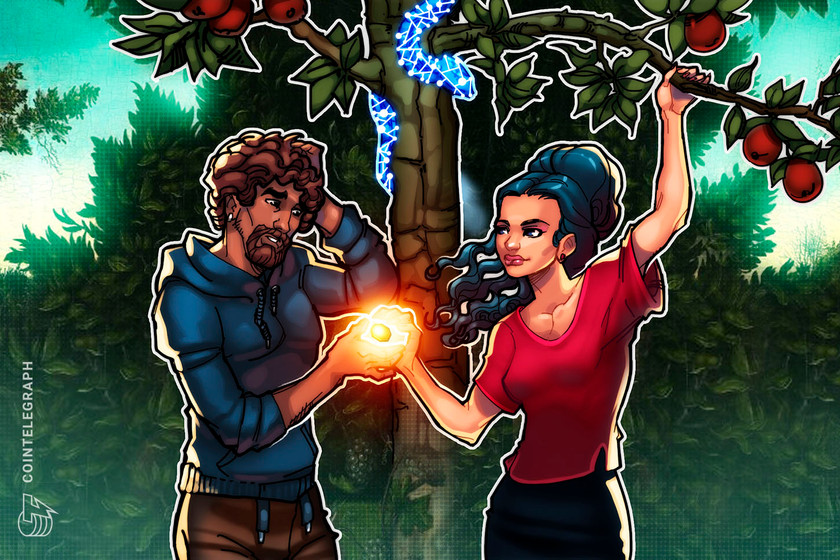Sarah Silverman sues Meta and OpenAI for copyright violations
Author Sarah Silverman, and two others, opened a lawsuit against OpenAI and Meta for using copyrighted work to train their AI systems without permission.

The American comedian and author Sarah Silverman, along with two other authors, Richard Kadrey and Christopher Golden, have filed lawsuits against Meta Platforms’ LLaMa and OpenAI’s ChatGPT over copyright infringement.
Meta and OpenAI allegedly used the plaintiffs’ content to train their respective artificial intelligence (AI) systems without prior permission.
According to the court documents against Meta, many of the plaintiffs’ books under copyright appear in the data set that “Meta has admitted to using to train LLaMA.”
Similarly, in the case against OpenAI, the lawsuit alleges that when ChatGPT generates summaries of the plaintiffs’ work, it indicates the training via copyrighted content.
“The summaries get some details wrong. This is expected since a large language model mixes together expressive material derived from many sources. Still, the rest of the summaries are accurate…”
In order to obtain this data, the suits claim that the companies retrieved the copyrighted data from what are known as “shadow libraries,” such as Bibliotik, Library Genesis, Z-Library and others.
Related: Japanese AI experts raise concern over bots trained on copyrighted material
These shadow libraries are websites that use torrent systems to make books “available in bulk,” says the lawsuit. Such sites are illegal and are unlike open-source data that comes from databases such as Gutenberg, which collects books that have copyrights that have run out.
“These shadow libraries have long been of interest to the AI-training community because of the large quantity of copyrighted material they host.”
Along with complaints about copyright infringement of their own personal work, the authors filed the complaint on behalf of a class of copyright owners across the United States whose works were also allegedly infringed.
Cointelegraph reached out to OpenAI and Meta for comment on the case, but neither responded by publication.
In May, writers across the U.S. who are part of the Writers Guild of America took to the streets in an authorized strike — the first one in 15 years — which highlighted many issues faced in the industry, including the usage of AI.
Collect this article as an NFT to preserve this moment in history and show your support for independent journalism in the crypto space.
Magazine: Super Mario: Crypto Thief, Sega blockchain game, AI games rights fight — Web3 Gamer









